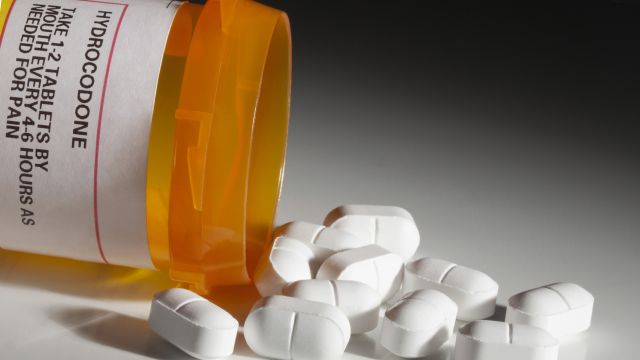Updated on February 16, 2024.
Millions of Americans have developed addictions to prescription opioid painkillers in recent years and hundreds of thousands more have become addicted to heroin. People with this substance use disorder could be your neighbor, your friend, or even a close family member.
The first step to helping someone is recognizing there’s a problem. Here’s how to spot the signs of opioid use disorder before it’s too late.
Signs of opioid intoxication
When someone takes opioids, molecules of the drug attach to sections of cells called opioid receptors. This serves to block pain a person may be experiencing. It also creates a pleasurable sensation of euphoria and can even affect breathing. Here’s what to look for if you suspect someone is high on opioids:
- Drowsiness
- Euphoria
- Constricted pupils
- Confusion
- Flushing and itching
- Nausea, vomiting
- Low blood pressure
- Slow heart rate
- Slow and shallow breathing
If a person has overdosed and has stopped breathing, a drug called naloxone can reverse the overdose and help the person start breathing again. The naloxone replaces the opioid attached to opioid receptors, so the person begins breathing again and goes into withdrawal almost instantly.
How to spot withdrawal symptoms
Withdrawal from opioids is so uncomfortable that many people will go to extreme lengths to get another dose of the drug. Withdrawal can start as early as four hours after the last dose and will subside after about a week. Though uncomfortable, withdrawal is not fatal.
While an opioid high causes constipation and the pupils to constrict, withdrawal reverses those two symptoms, causing diarrhea and dilated pupils. Anxiety and agitation are common, as are muscle aches, a runny nose, insomnia, and sweating. Nausea, vomiting and abdominal cramps are considered late-stage symptoms of withdrawal.
Methadone, naltrexone, and buprenorphine are all opioid medications that are often used to ease withdrawal symptoms. Speak to a healthcare provider about being prescribed one of these or other medications if you need help quitting.
How substance use disorder works in the mind
Every person with opioid use disorder is different and these behaviors are far from universal. But if someone is dependent on opioids—or anything else—and possibly trying to hide that addiction, there are some patterns and thought processes to look for, like loss of self-control, risky sexual behavior, or theft.
Addiction to an illegal substance becomes an obsession. The life of someone who is addicted to opioids revolves around getting their next opioid fix. Other priorities, even important things like family and work, begin to matter less to someone who is struggling with addiction. People with opioid use disorder will compulsively seek out their drugs, even if they don’t want to and even though they know the risks and harm.
Deception is another part of the problem. People trying to hide opioid use will often lie about where they’re going and what they’re doing. They may ask for money under false pretenses. They may sell belongings to finance their addiction. If the money runs out, they may turn to criminal means, like theft of money or goods to sell.
You can’t make someone quit. That person has to get help for an opioid addiction on his or her own. What you can do is support your loved one without enabling them. You can help monitor the person’s health, be a source of stability and try to keep them busy and provide a purpose.






